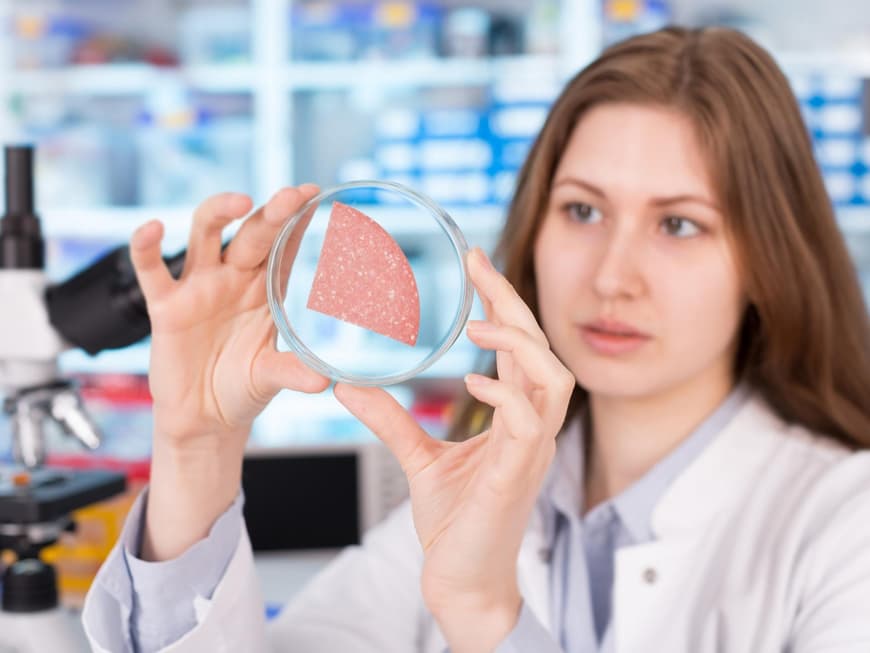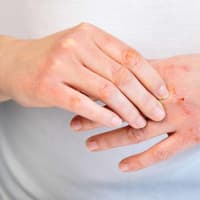
A steak for lunch, salami for dinner: everyday life for many Germans. What the World Health Organization (WHO) recently published is therefore unlikely to please sausage and meat fans: The scientists evaluated more than 800 studies on the link between meat consumption and cancer. According to the study, sausage is classified as "definitely carcinogenic" and red meat as "probably carcinogenic". What does this mean in concrete terms? We clarify the most important questions.
Which meat and sausages are considered carcinogenic?
Processed meat and red meat are pilloried. Processed meat means
means smoked, cured and flavored meat products such as sausages, sausages, smoked pork loin and corned beef. Red meat is the muscle meat of mammals, i.e. beef, pork, lamb and goat.
What types of cancer do they supposedly cause?
According to the WHO, processed meat can cause bowel cancer. It is also associated with stomach cancer - but this link cannot be proven with certainty. Red meat is also suspected of promoting bowel cancer and is probably involved in the development of tumors in the prostate and pancreas.
What quantities are harmful to health?
According to the WHO, the risk of developing bowel cancer increases by 18 percent for every 50 grams of processed meat
per day by 18 percent. If it is true that red meat is also carcinogenic, experts assume that 100 grams a day increases the risk by 17 percent.
What do nutrition experts recommend?
In principle, you can eat any type of meat without hesitation - but it's the quantity that counts. The German Nutrition Society (DGE) recommends eating no more than 300 to 600 grams of meat per week, which corresponds to 70 grams per day. However, at an average of 156 grams a day, men eat more than twice as much, and women also exceed the recommended amount at 84 grams. The DGE also advises eating less red meat. White meat such as poultry is the healthier alternative. For cancer researcher and Nobel Prize winner Harald zur Hausen, the WHO's verdict is too generalized: A risk factor is only detectable in beef, but not to the same extent in other types of red meat. The physician also believes that the assumption that the processing of meat in particular plays a role in the development of cancer is not substantiated.






